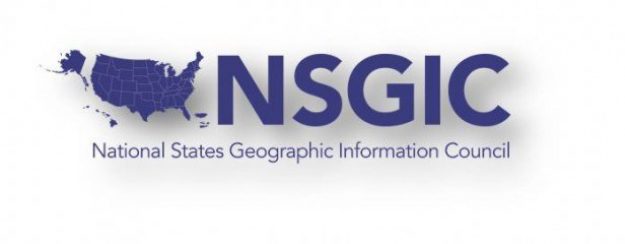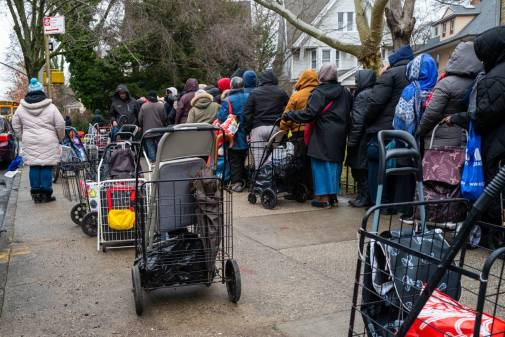State GIS group calls for national address database

A group representing state geographic information systems leaders from around the country is calling for a new collaboration with the federal government to create a national address database.
The National States Geographic Information Council issued a challenge to the states and the feds Tuesday, asking geographic information professionals nationwide to lobby for a push to set up a single database containing address information for every residential and commercial property in America. The organization believes that roughly half of all state governments are ready to coordinate the development of such a database with their local governments, and a federal initiative could encourage the remaining states to follow suit.
In a release, the group charges that providing accurate address data in a centralized open data portal will have benefits for “nearly every aspect of government services” and “consistently improve the delivery of services in the public and private sectors.”
“Address data are duplicated more often than any other type of data produced by government agencies, and the duplication happens at every level of government,” said Chris Diller, the group’s president. “We are hopeful that this federal initiative will result in a coordinated effort to support state and local government.”
The council writes that the White House’s third open government action plan, released on Oct. 27, can provide some of the impetus for this change. The document charges the Department of Transportation to start the process of coordinating with both the public and private sectors to start gathering the necessary data for the database. However, the council notes that other government entities will need to join the push to make the project a reality.
Specifically, the group references a February report by the Office of Management and Budget on the issue, which charges that both Congress and the Federal Geographic Data Committee — a group that includes representatives from a variety of federal agencies — need to get involved in raising awareness about the need for the database.
The Transportation Department, led by DOT Geographic Information Officer Steve Lewis, has in fact, been working over the past few months with a number of agencies on the federal, state, local and tribal levels to create pilot projects to explore what data needs to be collected and how it could be fed into the appropriate databases.
Lewis told FedScoop, StateScoop’s sister publication, that a minimum standard is going to take some time to develop due to the lack of data collection already taking place at the state and local levels. According to a 2013 survey from the National States Geographic Information Council, only 22 states have address collection plans currently in place. Of those 22, only eight have their entire states mapped.
Once data for the project is collected on a state or local level, Lewis said federal officials will guide people to upload it to the Census Bureau’s Community TIGER (Topologically Integrated Geographic Encoding and Referencing) system, with the option to also share it with the open address database. The department is also looking to launch a challenge that would call on the public to create a crowdsourced platform on which people can submit accurate data for use once the database is publicly launched.
In addition to reducing costly duplications of work, the program would also hold significant safety implications as well. With accurate location coordinates becoming more prevalent to first responders, an accurate way to track addresses is becoming increasingly necessary. But there are other issues to tackle as well.
In September, the council adopted a set of privacy guidelines stipulating that information about street addresses or property information does not violate individual privacy rights.
Wyatt Kash and Greg Otto contributed to this report.






